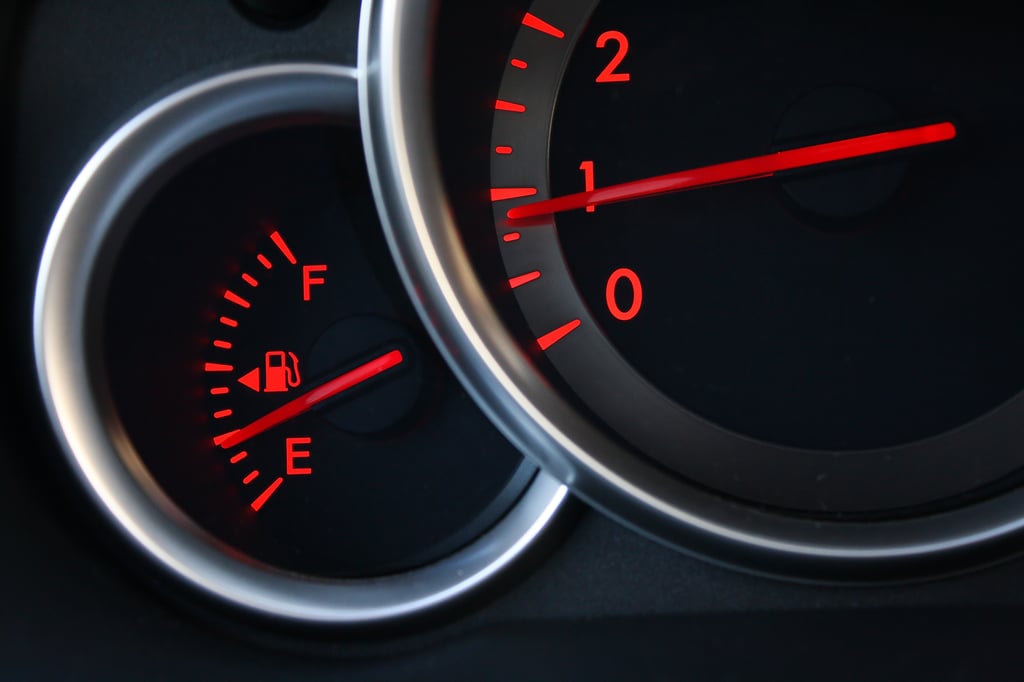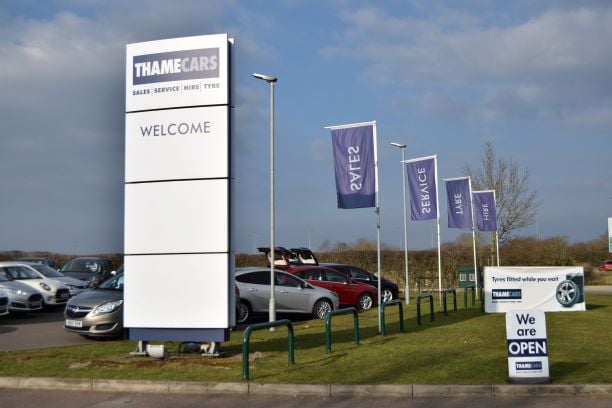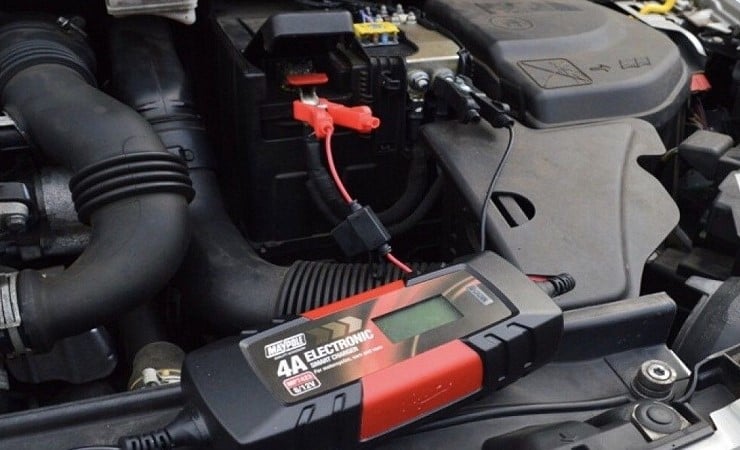
In these modern times, most of us are now more conscious consumers. More drivers are now realising the impact that their driving style has on their back pocket! The good thing is that car manufacturers are now catching up, and you can now snap up some very environmentally friendly cars on the used market. As specialists in nearly new Ford and Vauxhall, we are now seeing a great range of more efficient cars coming through our doors, enabling you to save a little more. Here's what you should be looking for.
Driving Style
You'd be amazed how subtle changes to your driving technique can make a massive difference. Did you know that a modern fuel injected engine uses no fuel whatsoever when you're in gear and using no throttle, for example driving down a hill or slowing for a roundabout? Make the most of this by not taking it out of gear or dipping the clutch when slowing down. Gentle acceleration and avoiding harsh braking will also save fuel, which is easier to achieve when you plan ahead and ease off the throttle earlier. When driving at higher speeds, using a high gear and low revs will reduce your fuel use. If you're driving in town, make use of your car's eco features such as auto stop/start and gear shift indicator, and drive smoothly to avoid wasting fuel. Good housekeeping such as having correctly inflated tyres and a de-cluttered boot to save weight will also have an impact.
Fuel Economy
These days, economy is usually near the top of our wish list when changing car. Diesel engines are now extremely efficient with most drivers expecting to get well over 50 miles per gallon, but new smaller engines fitted with a Turbo mean that petrol equivalents aren't that far behind. Ford's EcoBoost and Vauxhall's EcoFlex engines make use of these new technologies, and here at Thame Cars we're seeing them starting to become very popular with our customers.
Emissions
There has recently been bad press about Diesel engines as attention has turned from Carbon Dioxide (CO2) to Nitrogen Dioxide (NO2). Nitrogen Dioxide was recently found to be more dangerous to people than first thought, meaning that the government is reconsidering its position on Diesel cars. If you're a long-distance driver, a Diesel is still the better option for fuel economy purposes, but if you do lots of town driving, perhaps consider a petrol engine to reduce your NO2 impact. This is bad for people so if you do most your driving in congested areas a hybrid or per version Perhaps even think about an electric car if you mainly travel shorter journeys, as electric technology is progressing swiftly. Long term, the government plans to ban petrol and Diesel cars completely by 2040, so emissions are swiftly becoming an important issue.
Money Matters
CO2 emissions are the main factor that dictates the price you pay for your road tax. Generally speaking, the higher the emissions of your car, the higher your road tax will cost. Low emission cars used to be exempt from tax, but since a shake-up of the rules in April 2017, only true zero-emissions cars (electric and hydrogen cars) are exempt. Anything registered before 1st April 2017 will still fall under the old rules though, so if you're quick you can still get a nearly new car at the old tax rate. Also, small petrol engines with a Turbo such as Ford's EcoBoost give you plenty of performance, but cheaper tax.
Hopefully this guide helps you make a little more sense of how you can drive smarter, and be a little easier on your pocket too!








